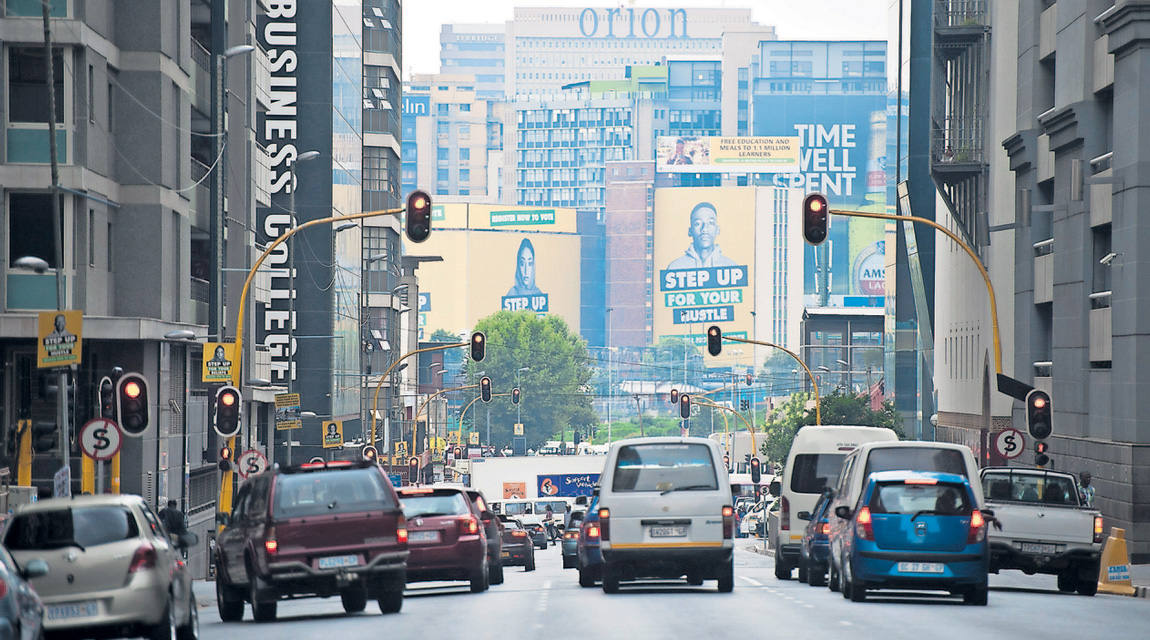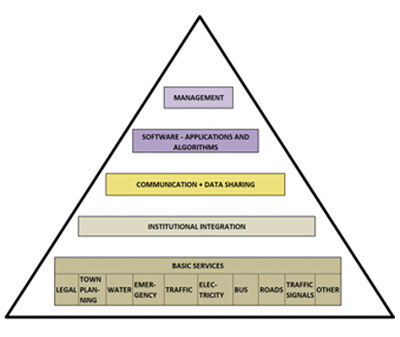Can South Africa get smart?

The world is becoming “smarter”, and the mobility of people in cities is a key aspect in this future development, but South Africa seems to be lagging behind.
During July I attended the 37th annual Southern African Transport Conference. The main report on this can be found on page 32. While there was certainly much to talk about over the four days, some topics were of particular interest – one that piqued mine was around smart cities and intelligent public transport systems, and whether or not South Africa is ready for them.
Christoff Krogscheepers and Jan Coetzee – both of Innovative Transport Solutions (ITS), a company that specialises in traffic and transportation engineering – presented on intelligent public transport systems and smart cities and transport, respectively.
Right from the start, Krogscheepers challenged the status quo: “Autonomous vehicles are a great idea and they will come. However, the current narrative is debatable … automated transport is old news – there are autonomous trains operating successfully around the world, for example.”
Krogscheepers is of the opinion that the discussion should not be about what will power future vehicles, or even whether humans will have to pilot them, instead it should centre on issues of mode, ownership and data.

“Which mode is most efficient? What about the current explosion of technology that coordinates journeys (with easy and safe payment systems) and generates data that improves service provision? This data can allow planners to do things more efficiently,” he notes.
According to Krogscheepers, South Africa saw an overall movement towards cars in all cities in the decade between 2003 and 2013. His own research indicates that 37 percent of commuters travel by car; 33 percent by minibus-taxi; ten percent each by bus, train and walking; and one percent by bus rapid transit.
“The current situation in South Africa means government should focus its energy on technology in the minibus-taxi industry. Further research indicates that 49 percent of minibus-taxi commuters have no other choice but to use them; technology can make a big difference to taxi users.”
So what might the future hold? Krogscheepers suggests that accessing the data generated by public transport users will allow for better modelling and planning, as well as better alignment of services with demographic trends and travel patterns. Smarter, personalised public transport will improve mobility…
“However, the reach will be limited to a small percentage unless we seriously focus on the minibus-taxi service providers. We need to sort out the basics, and until we do the majority of public transport users will not have basic public transport that is on time, clean, affordable and safe.”
What should those who run South African cities be doing?
“We are good at throwing around buzzwords, but we often fail to implement them. We need to get the basic problems right first,” notes Coetzee, adding that local cities need to change their thinking to become smart cities.
“The European Union defines a smart city as performing well in six areas: smart economy, smart people, smart governance, smart mobility, smart environment and smart living. In particular, smart mobility means local accessibility; (inter)national accessibility; availability of ICT infrastructure; and sustainable, innovative and safe transport systems.
While there are many avenues to consider, Coetzee suggests two in particular that South African cities could start working on. “The development of townships is where they can increase their revenue base, but town planning and transport planning are often in conflict. Many plans are produced, but we don’t plan to facilitate development.”
The other avenue is communication. Our transport planners should be capitalising on this. “The rate of smartphone penetration in South Africa is very good, as is internet access (mostly via cellphone). People in smart cities access services through their cellphones…” he comments.
So, for South Africa to not get left behind the rest of the world, and even the continent, its city and transport planners would do well to plan in harmony – for the future and for their commuters.
Published by
Focus on Transport
focusmagsa




